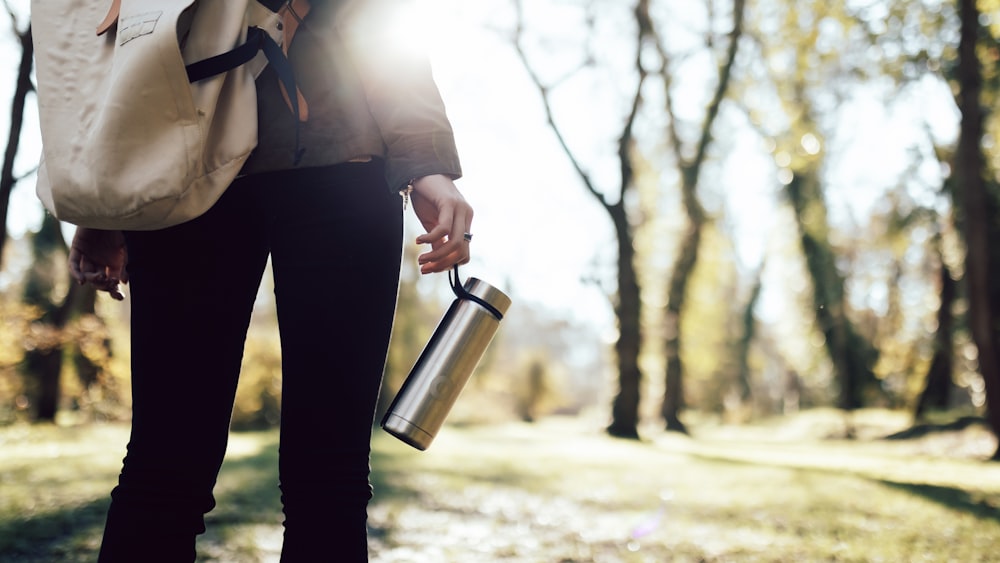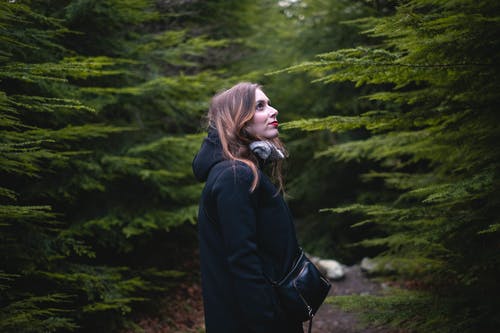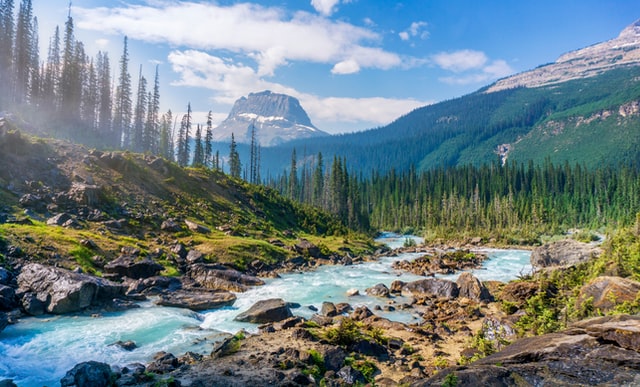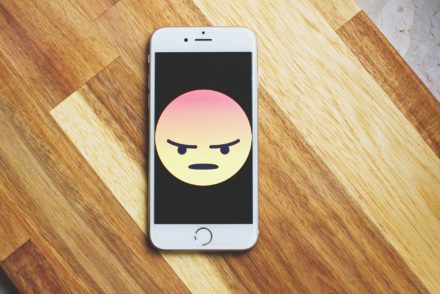One of the most underrated advantages of living in the U.S. is the variety of beautiful national parks people can easily visit –– from the Grand Canyon, to Yosemite, to Acadia. These parks offer boundless opportunities for people to explore nature, disconnect from modern life, and enjoy beautiful sights. As much as these parks are easy to enjoy just as they are however, there are still some things you should consider before visiting any of them. Below, we’ll get into some of the “do’s” and “don’ts” of national park tourism in the U.S.
Do’s
Take Pictures
Everybody loves to take pictures of beautiful things they find on any given day. But there is no better place to capture breathtaking sights than a national park, where landscapes and wildlife alike can appear almost beyond this world. So, naturally, it’s a good idea to take a camera to the park of your choice, and see what you’re able to capture. Whether that’s a particularly stunning sunset, a foggy morning, or an elk drinking from a crystal-clear stream, you’ll have memories you’ll always cherish. Just be sure to take it in during the moment as well!
Stay Hydrated
The natural environment can be harsher to human physiology than most settings in which you likely spend your day-to-day life. Even if you’re not visiting a park on a particularly hot day, or your surroundings are fresh and lush, it’s possible for dehydration to set in quite quickly. It’s essential then to bring enough water to keep you extra hydrated. Just be sure you do so in a responsible way, such that you aren’t leaving bottles or hydration packets out in nature.

Bringing reusable water is a better option compared to a plastic water bottle.
Follow the Trail
Hiking can be an excellent way to exercise and enjoy nature in a park, whether you’re walking along a level forest trail or hiking a snowcapped mountain. At the same time though, it’s important not to get too carried away with exploring in the midst of a vast wilderness. Just last year, a report at Insider made note that people actually still go missing in national parks. It is not a particularly common occurrence, mind you, but it’s all the less likely if you stick to the trail.
Pack a GPS
To expand on the point about sticking to the trail, it’s also wise to pack a GPS (and not the one that’s built into your phone). In the event that you are somehow lost –– having wandered too far off a trail, or gotten separated from your group –– a GPS can be the difference between a minor mishap and a serious situation. It may seem like overkill when you’re happily gearing up for a trip into a beautiful national park, but better safe than sorry!
Don’ts
Feed the Wildlife
For many people, wild animals make for some of the most appealing aspects (and the biggest draws) of national parks. And when stumbling upon an interesting animal –– say, a striking fox or a large hare –– it can be tempting to lure them closer with a snack or something of the like. This is not only dangerous to you, however, but also –– according to the Maryland government (which maintains numerous beautiful state parks) –– potentially damaging to the animal. As tempting as it can be to befriend a wild creature then, it’s best to leave them be.
Litter
Part of the very point of creating a national park is to protect the natural area –– and the species of plants and animals within it –– from human impact. In this regard, being mindful of how you dispose of materials is extremely important. Something as simple as leaving a plastic bottle and a pair of batteries behind at your campsite can have long-term negative effects on the ecosystem.
It’s better to think carefully about the things you pack, and plan in advance for how you’ll dispose of what you use. Leaving unnatural trash and waste behind is unacceptable.
Where water is concerned, the best option is to carry along a kit or bottle capable of purifying the water you find –– such that you don’t end up using cups or plastic bottles and having nowhere to put them when you’re through. A rundown of filter options at Clever Hiker names several brands and products (Sawyer Squeeze and Platypus GravityWorks among them) that can be helpful.
Smoke
Avoiding smoking is also an important way to prevent unnecessary pollution –– both in the air (from smoke) and on the ground (from ash, cigarettes, and some alternative products full of chemicals).
The best option for smokers is to find an alternative that can manage cravings without creating waste or pollution. A nicotine patch has long been a standard option, and nicotine pouches (which are lodged under one’s upper lip for use) have emerged of late as well. Indeed, Prilla’s article on the best way to dispose nicotine pouches states that they are particularly easy to throw away (or stash to throw away later) responsibly. Gum is a possibility as well, though you’ll need to make sure you wrap it up where you can dispose of it properly once you’re off the trail.
Listen to Loud Music
Some people make the mistake of seeing natural parks as their personal recreational space, when in fact these parks should be treated as shared areas that both humans and animals can enjoy. That’s not to say you can’t listen to music (or a podcast or audiobook) if that’s how you’d prefer to enjoy your time! But if that’s the plan, prepare to use headphones, such that you can listen to what you want to without disturbing nature or other park visitors around you.
For nature lovers, there’s no better activity than hiking or camping at a national park. And to some extent, there’s nothing simpler to enjoy! But before you tour one of these stunning spots, it’s a good idea to consider these do’s and don’ts, and approach the trip the right way.

Related Article: The Best National Parks That Suit Your Travel Taste
Chillwall AI are creators of a superhuman concierge helping visitors to discover new travel experiences without searching.




